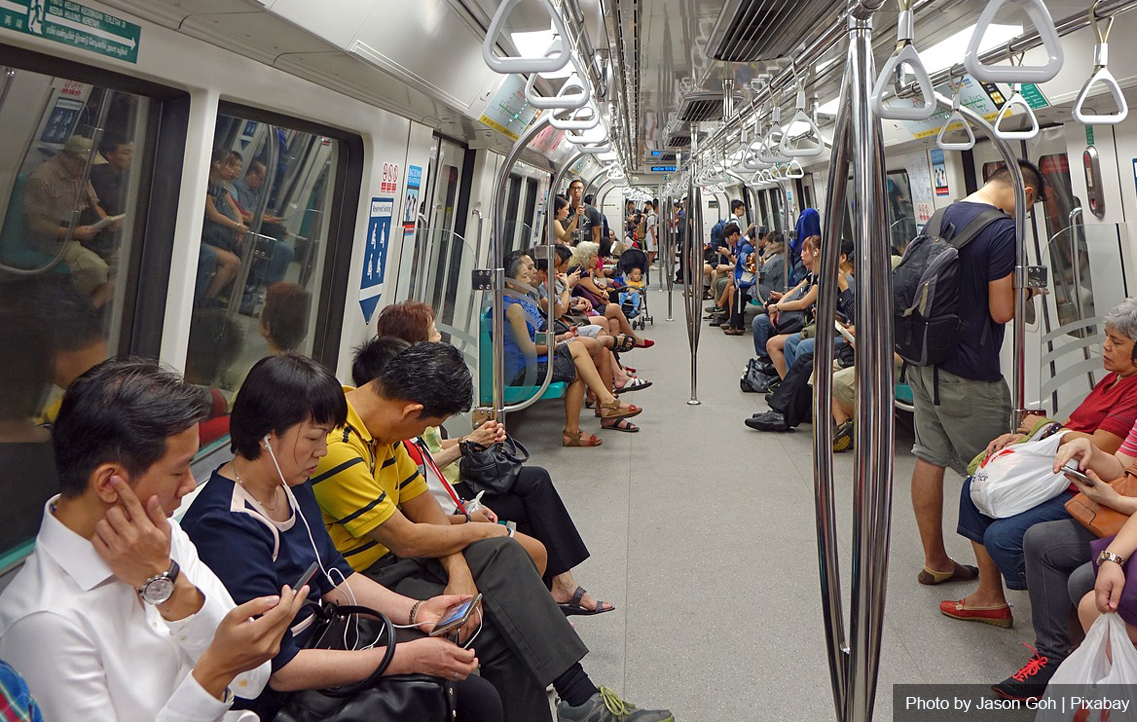
First there was the Pioneer Generation Package, announced in 2013, that benefits Singaporeans born in 1949 or earlier. Next came the Merdeka Generation Package, that Prime Minister Lee Hsien Loong introduced in 2018 for those born in the 1950s. This year, it’s the Majulah Package.
At the 2023 National Day Rally on Sunday (Aug 20), Mr Lee introduced another age-bounded set of measures, this time designed to boost the retirement and healthcare savings of Singaporeans born in 1973 or earlier.
Unlike the Pioneer and Merdeka Generation Packages, this year’s edition is not called the Majulah Generation Package. Those who are eligible due to their age are not identified as the Majulah Generation.
Indeed, Mr Lee was clear in his speech to define the main target group as “young seniors”, aged now in their 50s and early 60s, though the Majulah Package will also benefit earlier generations. What might explain this shift away from whole-of-generation packages?
Numbering over 784,000, young seniors are a group that has benefitted more from Singapore’s years of rapid economic development than the Pioneer and Merdeka Generations, on average being more highly educated and generally in better health than their predecessors were at the same age.
Their earning trajectories in the first three decades of their working lives would have been better than the 6.2 per cent compounded annual growth in gross domestic product per capita that Singapore recorded between 1980 and 2010.
UNEVEN IMPACT OF ECONOMIC CONDITIONS ON YOUNG SENIORS
That is not to say that this group needs no help amid rising costs of living and anxieties about retirement adequacy. There is likely to be a wide range in economic outcomes among this group over their entire working lives.
The older of the young seniors would have entered the workforce or been at the early stages of their careers in the midst of the country’s first post-independence recession in the mid-1980s. The younger of the group would also have been impacted by the Asian Financial Crisis from 1997 to 1998 at the foundational years of their working lives.
Those who are still working will be employed in a labour market of great uncertainty, with global supply chains being reshaped to accommodate geo-political and environmental risks and energy transition considerations. And all this while the impact of the emergence of artificial intelligence technologies on Singapore’s labour market have yet to be fully understood.
Against this backdrop, this group of young seniors will have less of a remaining runway to launch alternative career paths than younger cohorts if their employment is affected negatively, and those unable to adjust will need help to sustain themselves when they are no longer working.
Mr Lee also identified another critical characteristic of the young seniors group: They are likely to be in a “sandwiched” phase of life, confronted by a triple dependency – namely caring for and financially supporting older parents as well as children who may be adults but are not yet independent, while concerned with their own impending retirement adequacy needs.
MAJULAH PACKAGE IS A TARGETED SET OF MEASURES
So unlike the Pioneer and Merdeka Generation Packages which have health and long-term care benefits that accrue equally to all members of that age group, eligibility to receive any of the three components of the S$7 billion Majulah Package will be based on some means-testing.
For example, the exact amount of Earn and Save Bonus top-ups (of up to S$1,000 a year) will most likely be based on the shortfall in the Retirement Account to a set minimum level – a useful proxy might be the prevailing Basic Retirement Sum. It should be expected that the allocation of benefits from the Majulah Package be based on who needs it most.
This must be a good thing going forward. Each successive generation of Singaporeans has the benefit of the foundation laid by previous generations, but the Pioneer and Merdeka Generations had most of their life outcomes shaped in a different, less developed Singapore than those following them.
That foundation of Singapore society is so much stronger today, and there will be those in successive and future generations who still need assistance and assurance.
Moving the Majulah Package away from a uniform generational approach is testament to our success in uplifting whole generations, so we can focus on well-targeted measures for those who need more help to confront the specific anxieties of their time.
Christopher Gee is Deputy Director and Senior Research Fellow at the Institute of Policy Studies, National University of Singapore.
This piece was first published in CNA on 23 August 2023.
Top photo from Pixabay.
